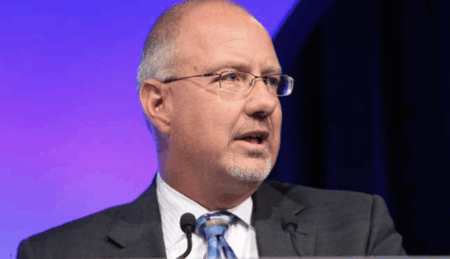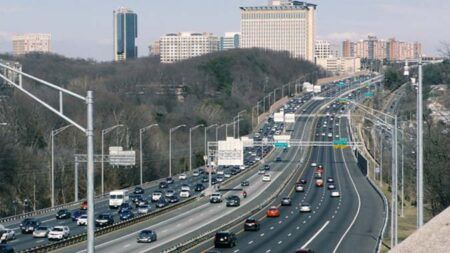California has started its road charge pilot, which will be an opportunity to study alternatives to the gas tax and will provide the legislature with the data needed to better determine whether a user mileage-based funding concept is viable for the US state.
The California Department of Transportation (Caltrans) has officially launched the new pay-by-mile Road Charge Pilot Program, where selected volunteer participants will help the authorities gain insight into an innovative way to finance the state’s transportation infrastructure.
Volunteers accepted to participate in the pilot are made up of drivers from all parts of California with various socioeconomic backgrounds. In addition, some out-of-state volunteers will be featured in the pilot in order to help California determine how a road charge tax could impact visiting drivers. Drivers will not actually pay a road charge while participating in the pilot, and no real money will be exchanged during the testing. Instead, they will make simulated payments based on how far they drive.
The pilot offers several options for participants to report their mileage, including six different low-to-high tech methods:
Time Permit where drivers ‘purchase’ a permit for unlimited road use in California for a specific period of time;
Mileage Permit where drivers ‘purchase’ a block of miles based on their expected use of California’s roads;
Odometer Charge where drivers ‘make payments’ based on periodic manual odometer readings;
Plug-in Device (Location Optional) where drivers report miles using a plug-in device for their car with optional smartphone app;
Smartphone App (Location Optional) where drivers report miles using a smartphone app;
Car’s Built-in Technology where drivers report using their car’s built-in technology (only available in select, recent models).
The pilot is set to run from now until March 2017. When concluded, the California State Transportation Agency (CalSTA) will report the pilot’s findings to the Road Charge Technical Advisory Committee, the California Transportation Commission and the appropriate policy and fiscal committees of the Legislature, which will make the ultimate decision on whether to enact a full-scale permanent road charge program in the state.
Even if the Legislature decides not to implement a road charge, California will still be in need of a more sustainable roadway funding mechanism than the current fuel excise tax. The gas tax only funds approximately US$2.3bn of work to maintain the 50,000 lane-miles and nearly 13,000 state-owned bridges on the state highway system, which leaves nearly US$5.7bn in unfunded repairs each year.
“We’re proud that thousands of Californians have signed up to volunteer for the California Road Charge Pilot Program,” said Caltrans director Malcolm Dougherty. “The opportunity to provide valuable input and evaluate the viability of a mileage based user fee system demonstrates the commitment that Californians have to our roads and to keeping them well maintained.”
Several other states, including Washington, Colorado and Utah, are also exploring the mileage-based road charge concept. Last July, Oregon launched phase one of its OReGO program, where volunteers pay a road charge of 1.5 cents per mile driven instead of the fuel tax.




